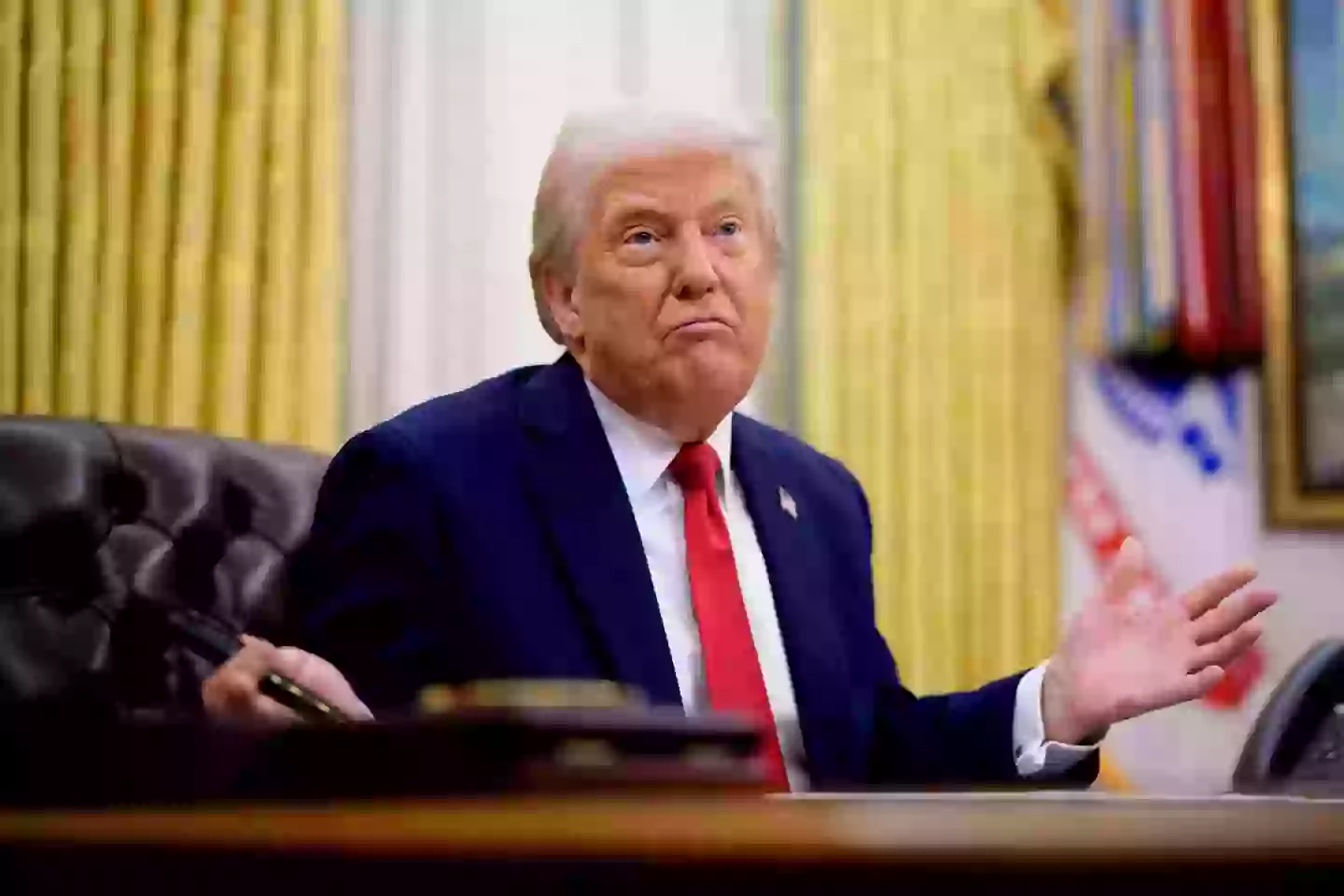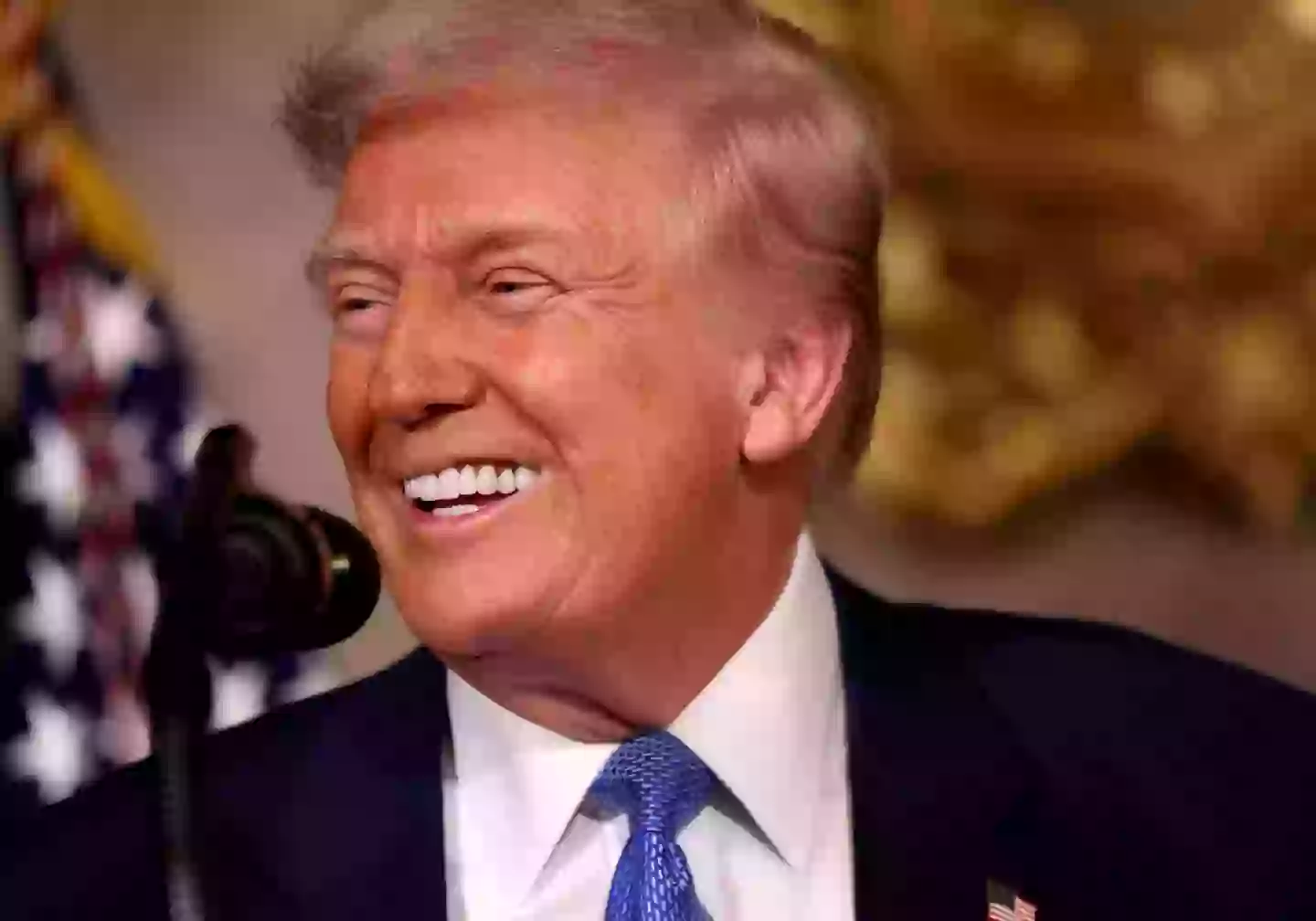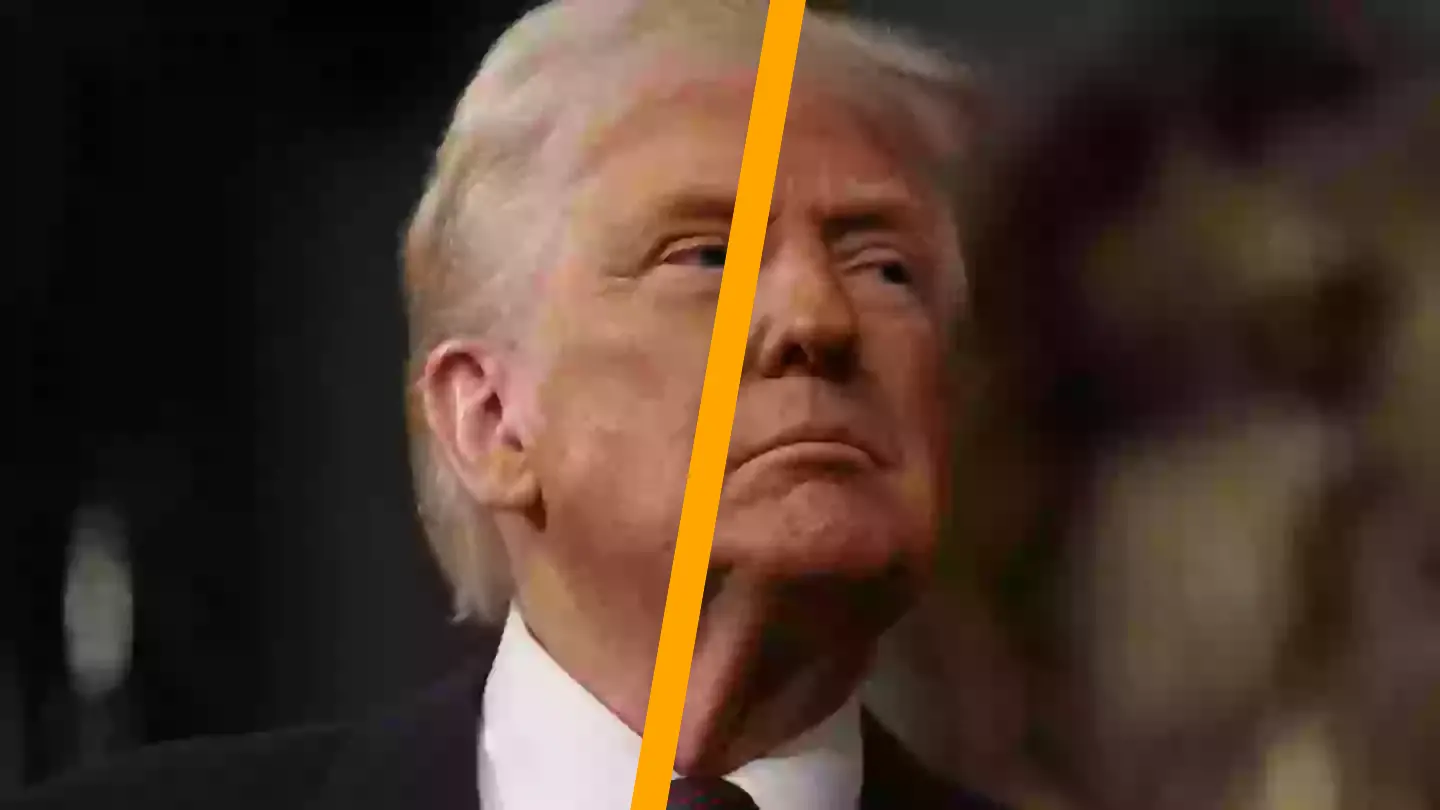April 2nd is poised to be a significant day for President Donald Trump’s second term as the White House is set to reveal its economic strategy aimed at ‘making America great Again’.
After defeating Vice President Kamala Harris in the election last November, Donald Trump has made clear that he and his administration are focused on dramatically transforming America’s economic landscape.
In the few months since returning to office, Trump has already caused a stir with key allies like Mexico and Canada by imposing tariffs on imported goods from these countries.
These actions, however, may be just the beginning of his broader global economic ambitions, which are set to be implemented today, a day referred to by some as ‘Liberation Day’.

The term ‘Liberation Day’ signifies the day America seeks to free itself from what it views as an inequitable international trade environment.
According to Trump’s administration, the global market is skewed against U.S. businesses.
Part of the problem, as they see it, is that other nations tend to impose higher taxes on American exports than the U.S. does on theirs.
To address this imbalance, Trump plans to announce new tariffs on countries he believes are disadvantaging the U.S. in trade.
While the specifics of these plans are expected to be unveiled during a press conference today, details remain scarce at this time.
During a March 30 conversation aboard Air Force One, Trump told reporters that the new tariffs would impact ‘all countries’.
He remarked: “Who told you 10-15 countries? You didn’t hear it from me.
“You’d start with all countries, let’s see what happens.”
Concerns have been raised that the introduction of new tariffs might lead to higher costs for consumers, resulting in price increases across various industries for American citizens.
Trump’s proposed tariffs are expected to be based on reciprocity rather than arbitrary percentages.
This means that the U.S. will adjust tariffs on foreign goods to match the rates those countries impose on American products.
In February, Trump stated: “If they charge us, we charge them.
“If they’re at 25, we’re at 25. If they’re at 10, we’re at 10. And if they’re much higher than 25, that’s what we are too.’’

It remains unclear whether the U.S. will examine individual items in the tariff code on a country-by-country basis, or if it will evaluate the average tariff of each nation in comparison to that of the U.S.
Whether these initiatives will usher in a new era of economic prosperity for the U.S. or lead to international backlash and turmoil is yet to be determined.
White House press secretary Karoline Leavitt expressed confidence in Trump’s plans, responding to reporters’ questions.
She stated: “It’s going to work… The president has a brilliant team who have been studying these issues for decades and we are focused on restoring the global age of America.”

